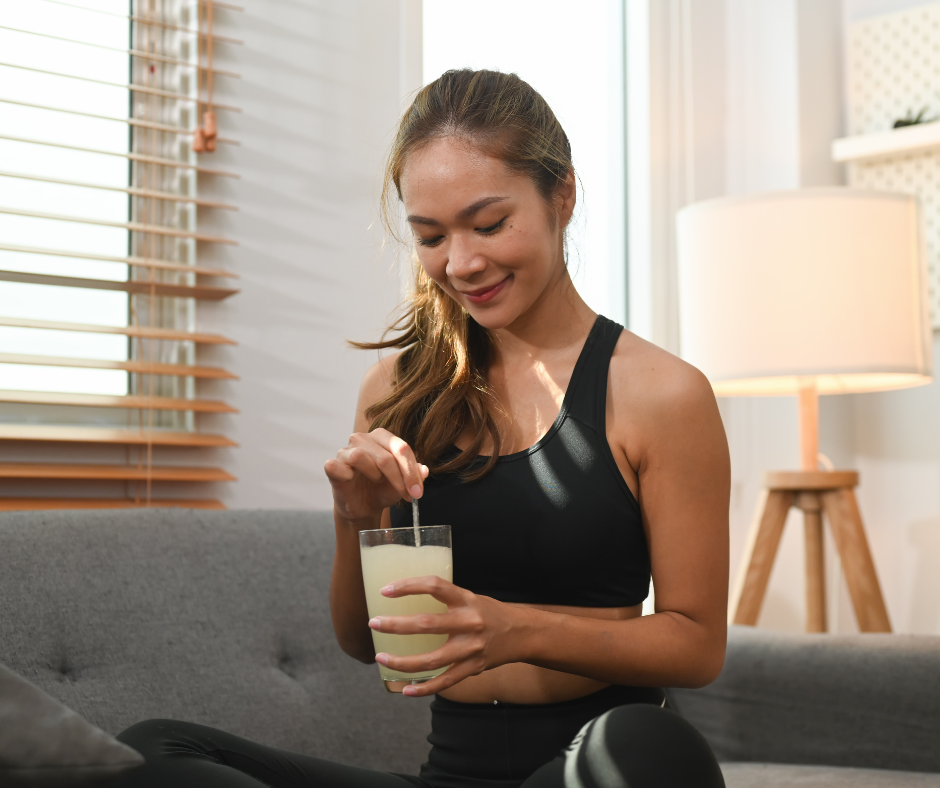How Animal Fats Influence Collagen Synthesis in the Body

Collagen: Built from the Inside
You’ve probably heard the word “collagen” tossed around a lot—especially if you’ve been down the rabbit hole of skincare and wellness. It’s that magic protein responsible for plump skin, flexible joints, and strong, resilient tissues. But here’s the catch: your body doesn’t just absorb collagen like lotion on dry elbows—it builds it, using tools it gets from your diet.
Sure, foods like bone broth and eggs are often praised as collagen-boosting heroes, but animal fats? They’re the quiet MVPs in this story. Often overlooked, but incredibly important.
Let’s shine a light on the role animal fats play in keeping your skin bouncy and your collagen thriving.
The Nutrient Profile of Animal Fats
Animal fats—especially from grass-fed animals—are packed with nutrients your body loves, particularly when it comes to collagen production.
Here’s what you’re getting in a spoonful of well-sourced animal fat:
-
Vitamin A (retinol): Essential for repairing and renewing skin cells.
-
Vitamin D: Helps regulate inflammation and supports healthy skin turnover.
-
Vitamin E: An antioxidant bodyguard that protects collagen from free radical damage.
-
Vitamin K2: Less talked about, but vital for skin elasticity—it helps proteins bind calcium properly, which supports tissue health.
-
Saturated fats: Help regulate hormones and maintain strong cell membranes, both of which are key for youthful, healthy skin.
These nutrients work like a dream team, creating the perfect internal environment for your body to naturally build and maintain collagen.

Why Fat-Soluble Vitamins Matter
Here’s the thing about vitamins A, D, E, and K—they’re fat-soluble. That means your body needs fat to absorb them properly. If you’re skimping on healthy fats, you could be missing out on some major skin and tissue benefits.
Let’s break down how each one pitches in:
-
Vitamin A: Encourages your fibroblasts (those are the skin cells that actually make collagen) to get to work.
-
Vitamin D: Calms inflammation that would otherwise degrade collagen and accelerate ageing.
-
Vitamin E: Defends your existing collagen like a shield, reducing the impact of environmental stress.
-
Vitamin K2: Helps with skin structure and elasticity by supporting tissue repair at a cellular level.
And while some of these vitamins are found in plant-based foods, the animal-based versions are ready-to-use—your body doesn’t have to do extra work to convert them.

The Hormonal Link
Here’s a fascinating twist: your body’s collagen production is closely tied to hormones like oestrogen and growth hormone. These are your body’s messengers, telling cells when to build, repair, and rejuvenate.
And guess what helps make those hormones? Yep—dietary fat.
Especially saturated and cholesterol-rich fats found in animal sources.
If your diet is too low in these healthy fats, your hormones can fall out of balance. That might lead to dull skin, weaker bones, slower healing—and you guessed it—less collagen.
In other words, healthy animal fats support the hormones that tell your body to keep glowing.
Tallow: A Skincare-Ready Source of Animal Fat
Now, let’s talk about tallow. It’s rendered fat from beef—ideally grass-fed—and it’s packed with the same nutrients we’ve been raving about. You can eat it, cook with it, or apply it directly to your skin.
Brands like FatCow Skincare use tallow in creams and balms because it’s bioavailable (that means your body and skin can recognise and use it easily). It’s not just about surface-level hydration—tallow goes deeper. It strengthens the skin barrier, soothes irritation, and supports the natural processes that keep your skin firm and elastic.
And the best part? It mimics the structure of your skin’s natural oils, so it absorbs beautifully without clogging pores or causing chaos.
Whole-Food Support for Collagen
Here’s the bigger picture: collagen isn’t just about one superfood or miracle cream. It’s about creating the right conditions in your body for collagen to be made, protected, and used well.
Animal fats are one piece of that puzzle. To really support collagen production, try adding more of these into your routine:
-
Bone broth – Rich in natural collagen and the amino acids glycine and proline.
-
Eggs – A fantastic source of amino acids and sulphur.
-
Fatty fish (like sardines and salmon) – Packed with anti-inflammatory omega-3s.
-
Leafy greens and herbs – Full of vitamin C and antioxidants.
-
Liver and organ meats – Among the best sources of active vitamin A (retinol).
-
Berries – Support collagen synthesis with their high vitamin C content.
-
Nuts and seeds – Provide zinc, copper, and vitamin E for tissue repair.
This mix of skin-loving foods plus topical nourishment (hello, tallow!) works from both the inside and outside to give you stronger, more radiant skin.
Final Thought
Forget quick fixes and collagen marketing gimmicks. Real, lasting skin support comes from the inside out.
Animal fats like tallow provide key nutrients in the form your body understands. They support hormones, strengthen the skin barrier, and create the perfect environment for collagen to flourish.
Whether you’re adding tallow to your cooking or your skincare routine, it’s a simple, natural way to help your body do what it was designed to do: stay strong, radiant, and beautifully resilient.





